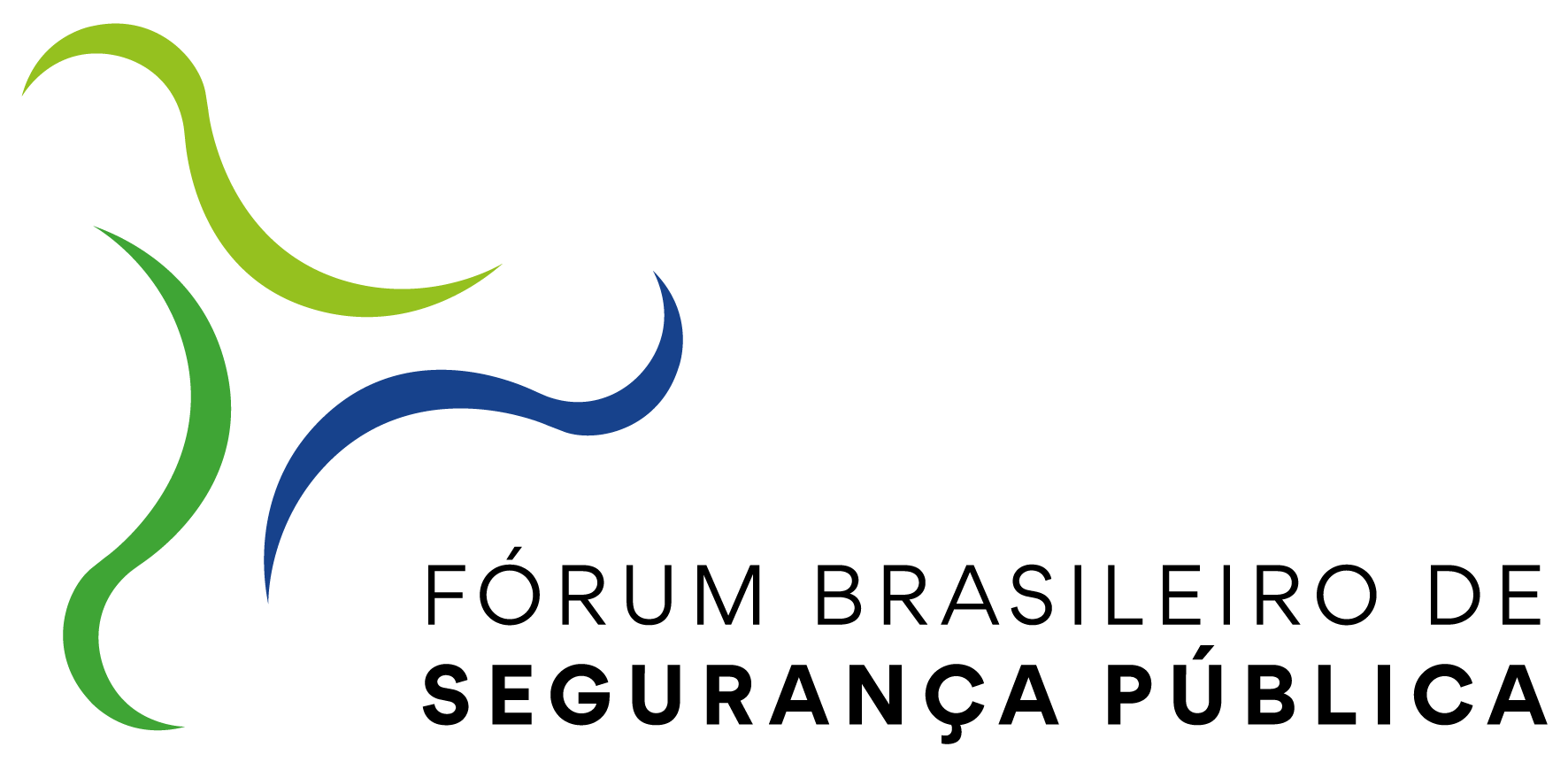Not so unusual after all
the transnational making of the boundary between “defense” and “public security” in Colombia
DOI:
https://doi.org/10.31060/rbsp.2020.v14.n1.1021Keywords:
Armed Forces, Public safety, Colombia, TransnationalAbstract
This article argues that the translation of counterinsurgency operations into public order practices in the context of “post-conflict” in Colombia has allowed for the military to diffuse their “expertise” to countries allegedly far from an “internal war” condition. By its turn, this dynamic has nurtured the expansion of the circuit of military savoirs in the South-South axis. The argument unfolds into three main parts. Firstly, I trace the historical footprints of the crystallization of counterinsurgency in Colombia, by inscribing the production of the "military professional" in this country into a broader circuit of military savoirs. In a second analytical move, I analyze how discourses of national security doctrine in Colombia have been historically entangled with counterinsurgency practices. More than this: they found in the latter their center of gravity. Finally, the article faces the re-articulations of the role of the military in Colombia in the context of “post-conflict”. It claims that the penetration of military savoirs into modes of public ordering constitutes the condition not only for claims to peace in Colombia, but also for the re-positioning of Colombia as a reference in public order in the South-South circuit of military savoirs.
Downloads
References
ANDREAS, Peter; PRICE, Richard. From war fighting to crime fighting: transforming the American National Security State. International Studies Review, vol. 3., n. 3, p. 31-52, 2001.
ARIELLI, Nir; COLLINS, Bruce (eds.). Transnational soldiers: Foreign Military Enlistment in the Modern Era. New York: Palgrave Macmillan, 2012.
ATEHORTÚA CRUZ, Adolfo León. Colombia en la Guerra de Corea. Folios, n. 27, p. 63-76, jan.-jun, 2008.
ATEHORTÚA CRUZ, Adolfo León; VÉLEZ RAMÍREZ, Humberto. Estado y Fuerzas Armadas en Colombia. Cali: TM, 1994.
BIGO, Didier. Sociology of Transnational Guilds. International Political Sociology, vol. 10, n. 4, p. 398-416, 2016.
BIGO, Didier. When two become one: internal and external securitisations in Europe. In: KELSTRUP, M. W. International Relations Theory and the Politics of European Integration. Power, Security and Community. London: Routledge, 2000. p. 171-204.
DeSHAZO, Peter; PRIMIANI, Tanya; McLEAN, Phillip. Back from the Brink. Evaluating Progress in Colombia, 1999–2007. Washington, DC: CIS, 2007.
ESTADO MAYOR GENERAL DE LAS FUERZAS MILTARES. REPÚBLICA DE COLOMBIA. La Guerra en La Selva. Manual de Campaña. Bogota, DC: Sección Imprenta y Publicaciones, 1944.
FOUCAULT, Michel. Vigiar e punir: história da violência nas prisões. Petrópolis: Vozes, 1997.
GILL, Lesley. The School of the Americas:Military Training and Political Violence in the Americas. Durham and London: Duke University, 2004.
HUYSMANS, Jef. The politics of insecurity: fear, migration and asylum in the EU. New York: Routledge, 2006.
ISACSON, Adam. Don’t call it a model. On Plan Colombia’s tenth anniversary, claims of “success” don’t stand up to scrutiny. Washington, DC: WOLA, July 14, 2010.
ISACSON, Adam. Plan Colombia – six years later: report of a CIP staff visit to Putumayo and Medellín, Colombia. International Policy Report. Center for International Policy, nov. 2006.
KALDOR, Mary. New and old wars: organized violence in a global era. 2nd ed. Stanford: Stanford, 2007.
LEAL BUITRAGO, Francisco. La Seguridad Nacional a La Deriva. Del Frente Nacional a la Posguerra Fría. Mexico, DC: Alfaomega, 2002.
MINISTERIO DE DEFENSA DE COLOMBIA. Política de Defensa y Seguridad para la Legalidad, el Emprendimiento y la Equidad. Presidencia de la República de Colombia: Mindefensa, 2019.
MINISTERIO DE DEFENSA DE COLOMBIA. Política Integral de Seguridad y Defensa para la Prosperidad. Presidencia de la República de Colombia: Mindefensa, 2011.
MINISTERIO DE DEFENSA DE COLOMBIA. Política de Defensa y Seguridad Democrática. Presidencia de la República de Colombia: Mindefensa, 2003.
PINZÓN, Juan Carlos. Colombia Back from the Brink: From Failed State to Exporter of Security. Prism, vol. 5, n. 4, p. 2-9, 2015.
PIZARRO LEONGÓMEZ, Eduardo. La Profesionalización Militar en Colombia (1907-1944). Análisis Político, n. 1, May/Aug. 1987a.
PIZARRO LEONGÓMEZ, Eduardo. La Profesionalización Militar en Colombia (II): El Periodo de La Violencia. Análisis Político, n. 2, Sep./Dic. 1987b.
PORCH, Douglas. Counterinsurgency: Exposing the Myths of the New Way of War. Cambridge: Cambridge University, 2013.
RODRÍGUEZ HERNÁNDEZ, Saúl Mauricio. La influencia de los Estaos Unidos en el Ejército colombiano, 1951-1959. Medellín: La Carreta, 2006.
ROUQUIÉ, Alain. El Estado Militar en América Latina. Buenos Aires: Emecé, 1984.
SAINT-PIERRE, Hector. “Defesa” ou “Segurança”? Reflexões em torno de conceitos e ideologias. Contexto Internacional, vol. 33, n. 2, p. 407-433, jul.-dez. 2011.
TICKNER, Arlene B. Colombia, the United States, and Security Cooperation by Proxy. Washington, DC: WOLA, Mar. 2014.
VARGAS VELÁSQUEZ, Alejo. The profile of the Colombian Armed Forces: A Result of the Struggle against Guerrillas, Drug Trafficking and Terrorism. In: MARES, David E.; MARTÍNEZ, Rafael (eds.). Debating Civil-Military Relations in Latin America. Brighton: Sussex Academic Press, 2014. p. 130-154.
VARGAS VELÁSQUEZ, Alejo. Las fuerzas armadas en el conflicto colombiano:antecedentes y perspectivas. Medellín: La Carreta, 2012.
VARGAS VELÁSQUEZ, Alejo. Los militares en el Postconflicto. El Tiempo, jan. 2003.
VELÁSQUEZ, Carlos Alfonso. La fuerza pública que requiere el postconflicto. . Bogotá: Fundación Ideas para la Paz, mayo 2015. Working Papers n. 13.
VIANA, Manuela Trindade. Preparing for War, Preparing for Peace:the Colombian “success story” and the transformation of the military professional. Tese (Doutorado em Relações Internacionais) – Instituto de Relações Internacionais da PUC Rio. Rio de Janeiro, 2017.
Downloads
Published
How to Cite
Issue
Section
License
Copyright (c) 2020 Revista Brasileira de Segurança Pública

This work is licensed under a Creative Commons Attribution 4.0 International License.
Licensing
The Brazilian Journal of Public Security uses the Creative Commons License as a form of licensing for its published works. The license used follows the CC BY 4.0 - Attribution 4.0 International model.
To see the permitted rights please go to the full licence or to our Copyright and Licensing page.



